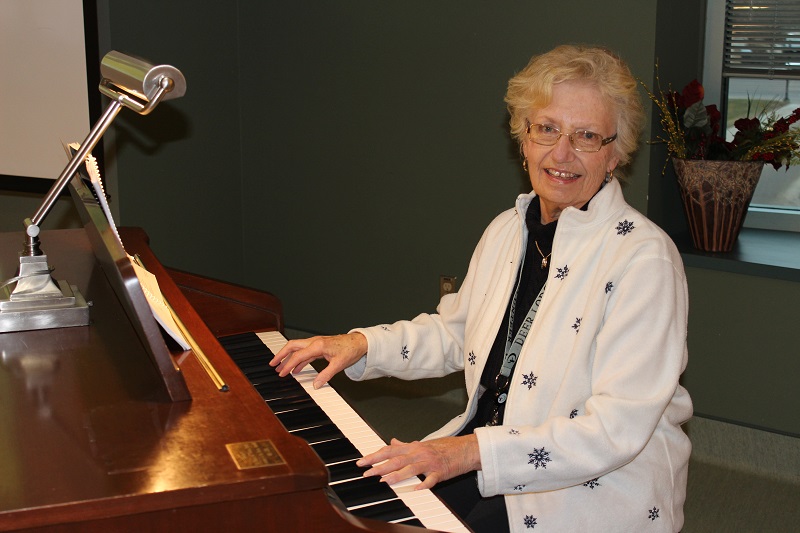
Recording your life story can prove a rewarding activity that also leaves a precious legacy for future generations
By Kathy Penner
It’s often only after a parent dies that their children realize how little they really knew mom or dad. Parents tell their kids stories about their life’s big moments, but don’t always share the more personal stories that give deeper insights into their life.
Unfortunately, not sharing more about themselves can leave older adults feeling unknown even to those closest to them. And it can add to a child’s grief after their parents die, knowing they won’t have any more chances to learn more about them.
The good news is that growing awareness around the benefits of life writing has resulted in an increasing number of opportunities to engage in this enriching activity.
Many people say recording their life stories helps them realize what’s important, let go of old hurts, and take pride in surviving difficult times. It also feels good to share important life lessons with children and grandchildren.
According to Augustine DiGiovanna, a biology professor at Salisbury State University, “The life review process helps a person find meaning…and gives them a sense of self-worth and value to others.”
Several colleges, libraries and community centres offer life writing classes. Some people hire “personal historians” to record their histories in writing or on video. Families can also collect digital personal histories for posterity on websites. Simply carrying a notebook and jotting down spontaneous recollections can prove a rewarding activity—one that also leaves a precious legacy for future generations. In a study of family members of patients who had died, many said having their parent’s life review consoled them while they grieved.
So the next time you recall one of your life’s stories, write it down. No matter how ordinary it may seem, it is unique to your life, and therefore worth sharing.
Recent News

Embracing Hope: The Impact of DLC’s Movement Disorder Clinic

Winnipeg Jets Parkinson’s Disease Awareness Game!

